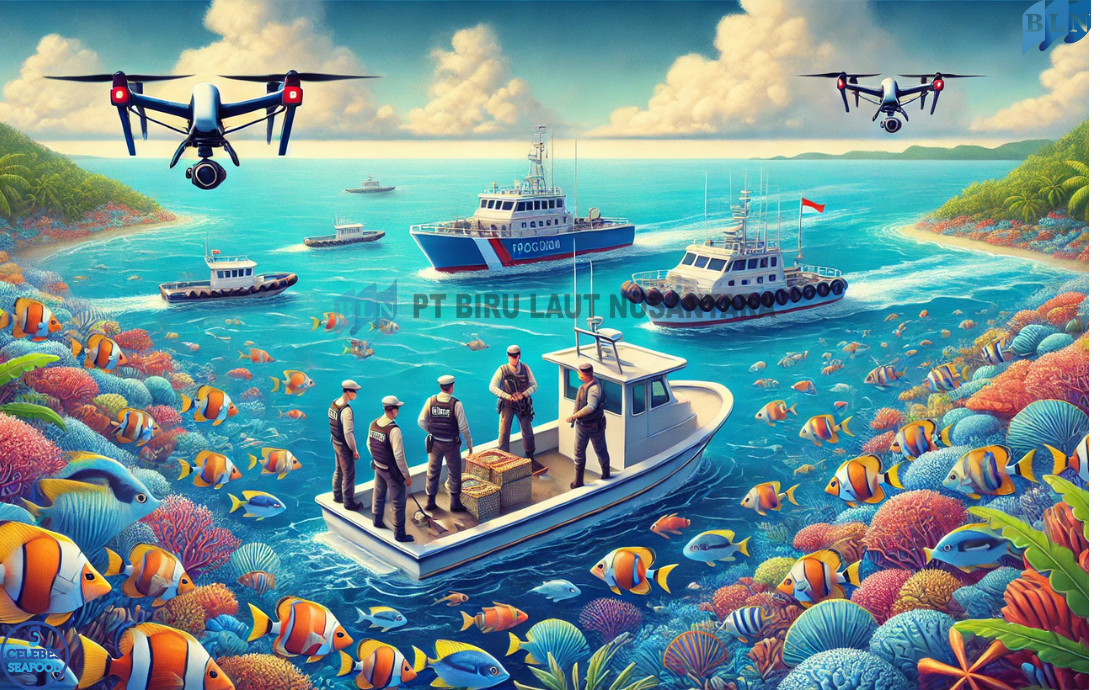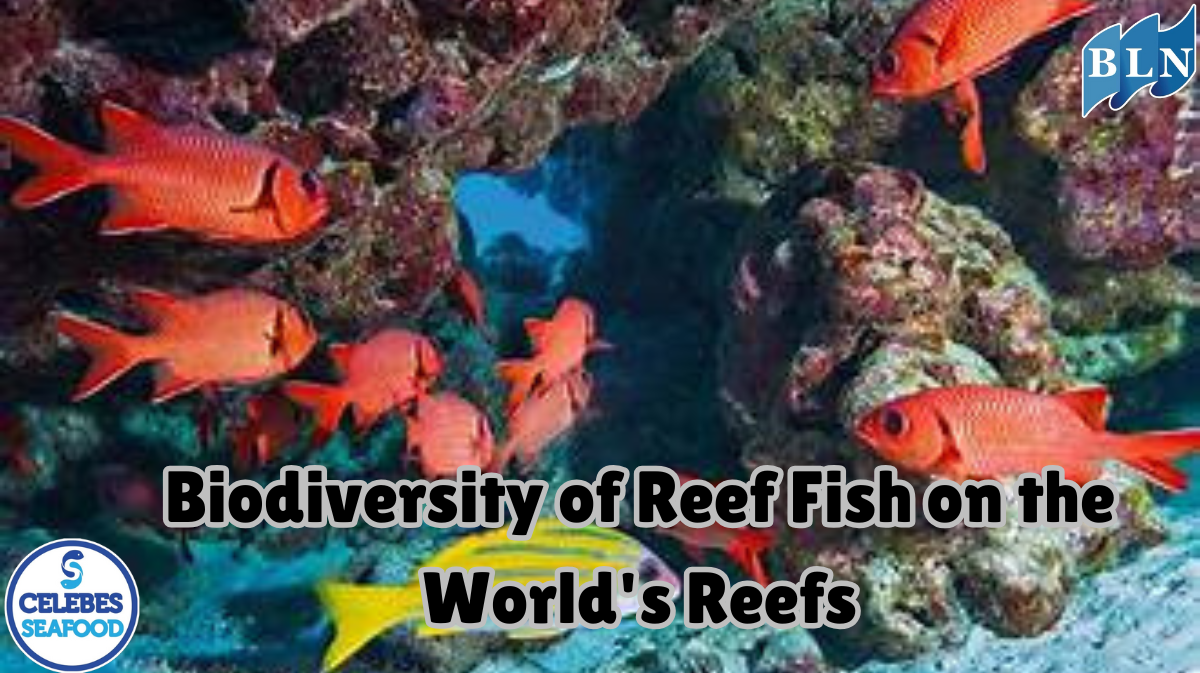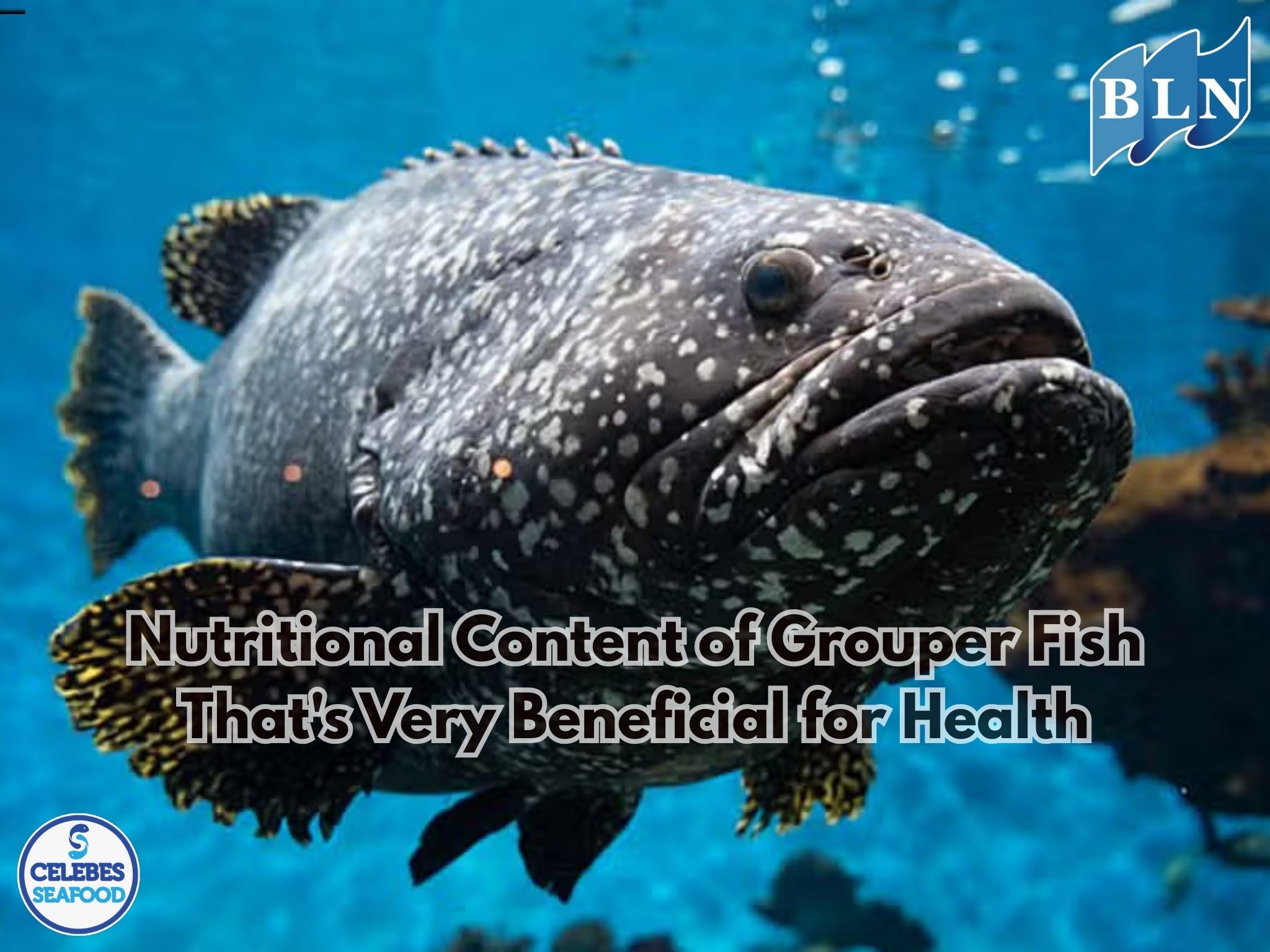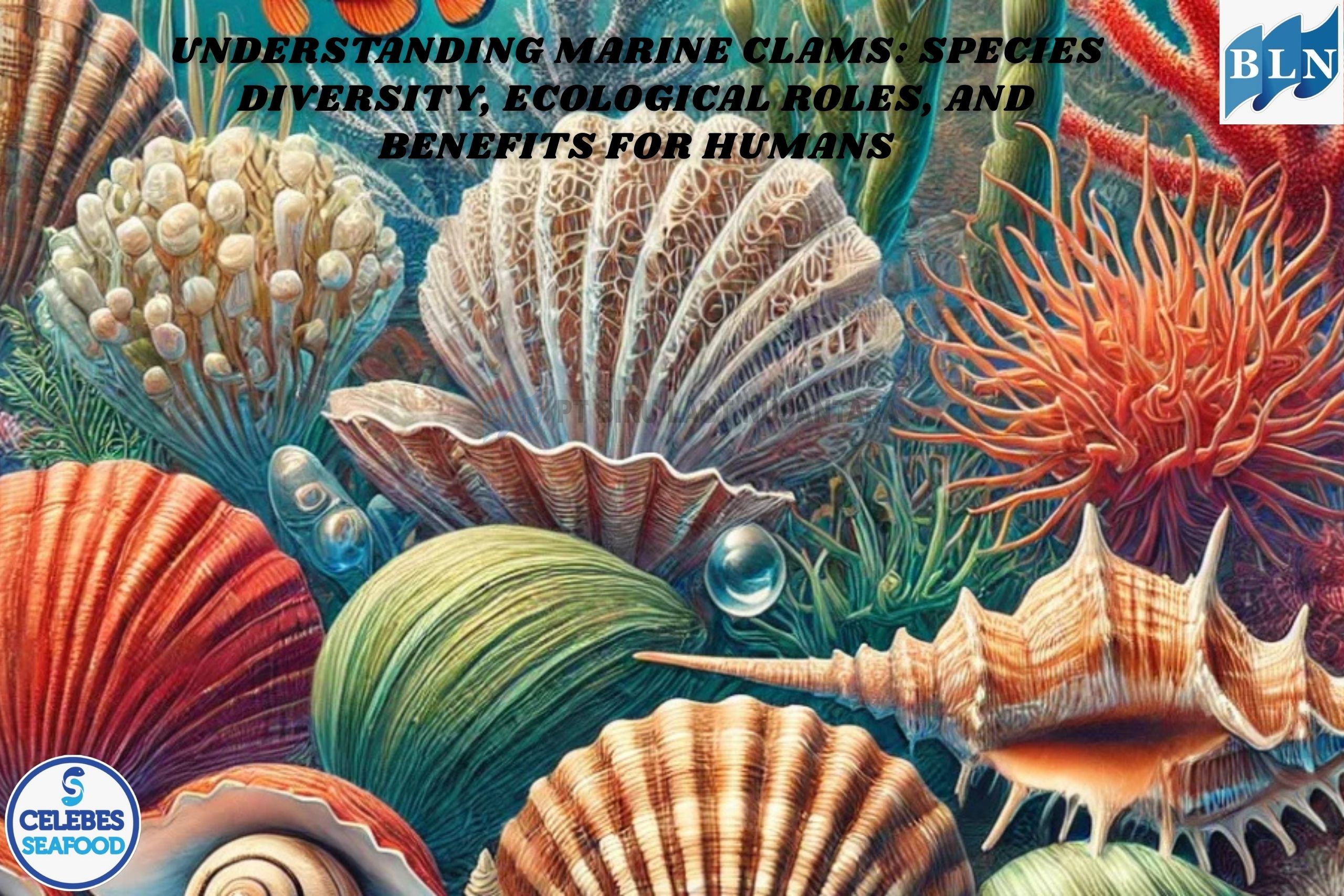Addressing the Challenges of Illegal Fishing in Indonesian Waters
By. Azizah - 14 Jan 2025
lautnuantara.com Illegal fishing poses one of the greatest threats to the sustainability of Indonesia’s fishery resources. As one of the world’s largest fish producers, Indonesia boasts a vast maritime area spanning 6.4 million square kilometers. However, illegal fishing practices not only harm the national economy but also endanger marine ecosystems and the livelihoods of coastal communities.
Impacts of Illegal Fishing
- Economic Losses: It is estimated that Indonesia loses billions of USD annually due to illegal fishing. Revenue that could improve the welfare of its citizens is instead lost to this unlawful activity.
- Ecosystem Damage: Destructive fishing tools, such as fish bombs or trawl nets, not only deplete fish stocks but also destroy critical marine habitats that support biodiversity.
- Declining Fish Stocks: Unregulated overfishing leads to a significant decrease in the population of certain fish species, threatening food security in the long term.
- Social Impacts: Local fishers often face challenges competing with foreign vessels equipped with advanced technologies that illegally exploit Indonesian waters.
Mitigation Efforts
- Strict Law Enforcement: The Indonesian government has strengthened maritime patrols to capture illegal fishing perpetrators. Convicted vessels are often subjected to severe penalties, including the sinking of illegal boats to deter future violations.
- Regional and International Cooperation: Indonesia collaborates with neighboring countries in data exchange and joint patrols to secure its waters from illegal fishing activities. Active participation in international forums such as ASEAN and FAO further supports these efforts.
- Advanced Technology Deployment: Tools such as the Vessel Monitoring System (VMS) and drones are utilized to monitor ship movements in real-time, allowing for prompt enforcement actions. These technologies also help identify areas prone to illegal fishing.
- Community Education and Awareness: Educating local fishers on the importance of sustainable fishing practices is crucial in preventing illegal fishing at the grassroots level. Public awareness about the environmental impacts of illegal fishing should also be increased.
Addressing illegal fishing is no easy task, but it is essential to protect Indonesia’s marine resources. Through a combination of law enforcement, technology, international collaboration, and community empowerment, Indonesia can maintain its position as a maritime powerhouse while ensuring the sustainability of its marine ecosystems. This collective effort not only brings economic benefits but also ensures the preservation of marine resources for future generations.








